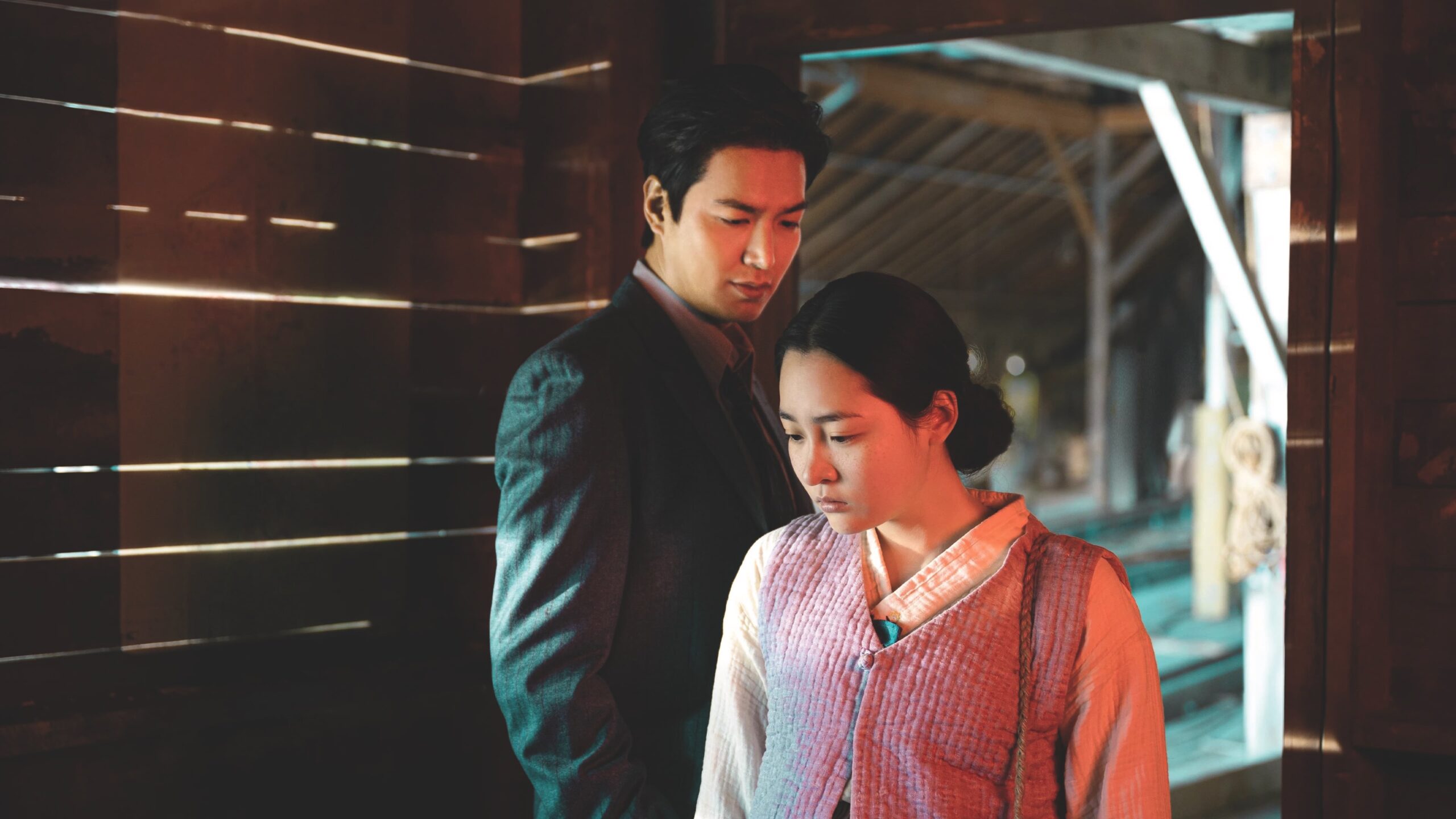When Korean American novelist Min Jin Lee published Pachinko in 2017, it quickly became a bestseller. The Apple TV+ adaptation, which premiered in March, lives up to the book’s legacy. Sweeping across four generations, Pachinko is a beautiful, poignant drama that travels from Korea to Japan to America and back again.
The bulk of the series takes place between 1910 and 1989 and primarily follows Sunja, who is born in the southern coastal city of Busan, Korea, during Japan’s 35-year occupation of the country. The series also focuses on Sunja’s son, Mozasu (Soji Arai), and grandson, Solomon (Jin Ha).
Over the course of eight episodes, the storyline of each family member slowly unfolds to reveal an intricate narrative of love, loss, survival and the strength of one family. The past and present intertwine, making a character’s faraway memories feel raw and monumental. In 1989, we see an elderly Sunja (played by Yuh-Jung Youn) tear up as she eats a bowl of Korean white rice; just a few minutes later, we watch a newly married Sunja (Minha Kim) being served white rice by her mother, as a last taste of home before she boards a ship to Japan in 1938 to start a new life with her husband.
Pachinko’s characters seem to have one central belief — that if they endure hardships, their children won’t have to do so themselves. But in the end, none of them are spared from suffering. While a young Sunja lives under the severity of Japanese colonial rule, Solomon must face the anti-Korean racism that persists in Japan, even 50 years later. Despite this, moments of humanity and connection give their lives meaning and sustain their belief in a better world.
Pachinko serves as both an important depiction of a non-Eurocentric colonial past and a timely account of the lasting effects of occupation, oppression and racism. Be prepared to mourn and celebrate with these characters. (You might even shed a tear the next time you see a bowl of white rice.)
***
Emily Standfield is a recent intern at Broadview.
This story first appeared in Broadview’s July/August 2022 issue with the title “Love, loss and endurance.”














